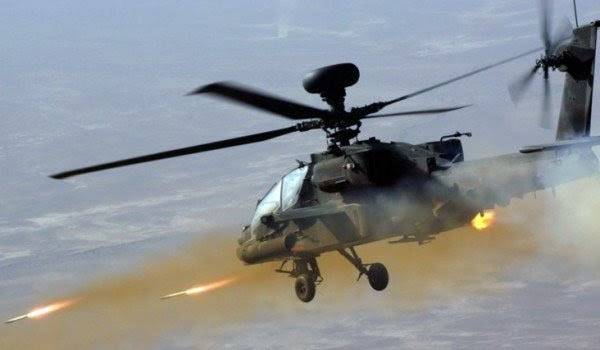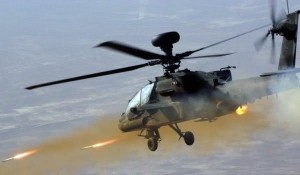Middle East Monitor
Ali Anouzla
Thus, one must be cautious before things get bad, as the Cold War strategy has shown that deterrence is the best defence.
Moroccan media outlets, many of whom celebrated this armament, spoke about how strong the new missiles are, which can now reach deep inside Algeria. The Moroccan media classifies Algeria as an enemy because of its anti-Morocco position in the Sahara issue. The two neighbouring countries have been through direct battles in 1963 and 1978 and indirect battles through the Polisario front, which lasted for more than 16 years. Some Moroccan media outlets consider the two countries to still be in a state of undeclared war, considering what happened in the desert to just be a ceasefire and not an end of the war which could erupt from time to time between Morocco and the Polisario Front which Algeria harbours, arms and supports.
Algerian media considered the bolstering of Morocco’s arms to be a provocation, a shift in Rabat’s defence strategy, a change to the balance of military power in the region, and a threat to peace in the region.
In fact, Algeria, at the height of oil prices in recent years enhanced its arsenal, buying the latest Russian, Chinese and French arms and German equipment; as if the country stands ahead of a war that is knocking at the doors of its western border with Morocco. Of course, Algeria borders the hot spots of Libya and Mali, in addition to the state of security chaos on the border with Tunisia. Perhaps the only safe border it has in the region is that with Morocco. So the question is: Who will Algeria or Morocco launch a war against with all the weapons that cost their people billions of dollars?
The most recent study by the International Centre for Peace Research in Stockholm, which was issued a week ago, showed that Algeria is the first importer of arms in Africa, followed by Morocco. Algeria’s arms purchases account for 30 per cent of the volume of purchases in Africa, Morocco’s account for 26 per cent, which means that the two countries account for more than half of the weapons purchases in the continent. According to sources, the military budgets of the two countries are some of the largest in the world; Algeria’s military budget exceeded $12 billion this year, while Morocco’s is over $4 billion. On the list of countries that purchase the most military weapons at a global level, Algeria and Morocco come in 11th and 13th place respectively.
The frantic and worrying race between the two neighbouring countries has not stopped since the 1970s when billions of dollars were spent on arming the countries at the expense of developing the countries for their people.
Both countries entered an open war against so-called terrorism, the danger of which has become intercontinental and threatening to all countries, and they both have the right to prepare for imminent danger, but wouldn’t it have been more useful if the two countries cooperated to face the threats and dangers they are facing together?
The experiences of authoritarian Arab regimes in Iraq, Syria, Libya and Yemen, have shown that the arsenal of weapons that cost the people of these countries billions of dollars, under the pretext of protecting their homeland, were quickly turned to suppress and destroy them.
We must not forget that Algeria was the first country to witness a civil war that claimed thousands of lives, and its fire is still raging because of the narrow mindedness of its military which did not like the results of the first democratic elections in the country since its independence.
We also should not forget that Morocco comes after Tunisia as the first country that exports terrorists to tension areas in Iraq and Syria, most of whom are driven by poverty. Wasn’t it in the best interest of the two countries to spend all the money that was wasted on the purchase of weapons that are going to be left to rust in storage areas, on something that is more useful, such as education, health and the development of their people and democratisation of their societies? Aren’t these the biggest problems suffered by the Arab societies which turned into incubators, producers, exporters and consumers of terrorism and extremism?
Translated from Al-Araby Al-Jadeed on 19 August 2015








